Political tensions between China and the United States may still run high, but this has not stopped the cultural dialogue between the two powers that began decades ago.
Members of the Philadelphia Orchestra will return on November 9 for a series of concerts in Beijing, Tianjin, Suzhou and Shanghai to mark its historic performances in China 50 years ago. The American Ballet Theatre, another major US performing troupe, is touring in Shanghai and will perform in the Chinese capital next week.
Meanwhile, China’s Central Conservatory of Music Symphony Orchestra is scheduled to perform at Carnegie Hall in New York on November 24.
For Jennifer Lin, co-director of the 2020 documentary Beethoven in Beijing that goes behind the scenes of the Philadelphia Orchestra’s 1973 visit, musical diplomacy has always been important in forging and fostering diplomatic relations between the two countries.
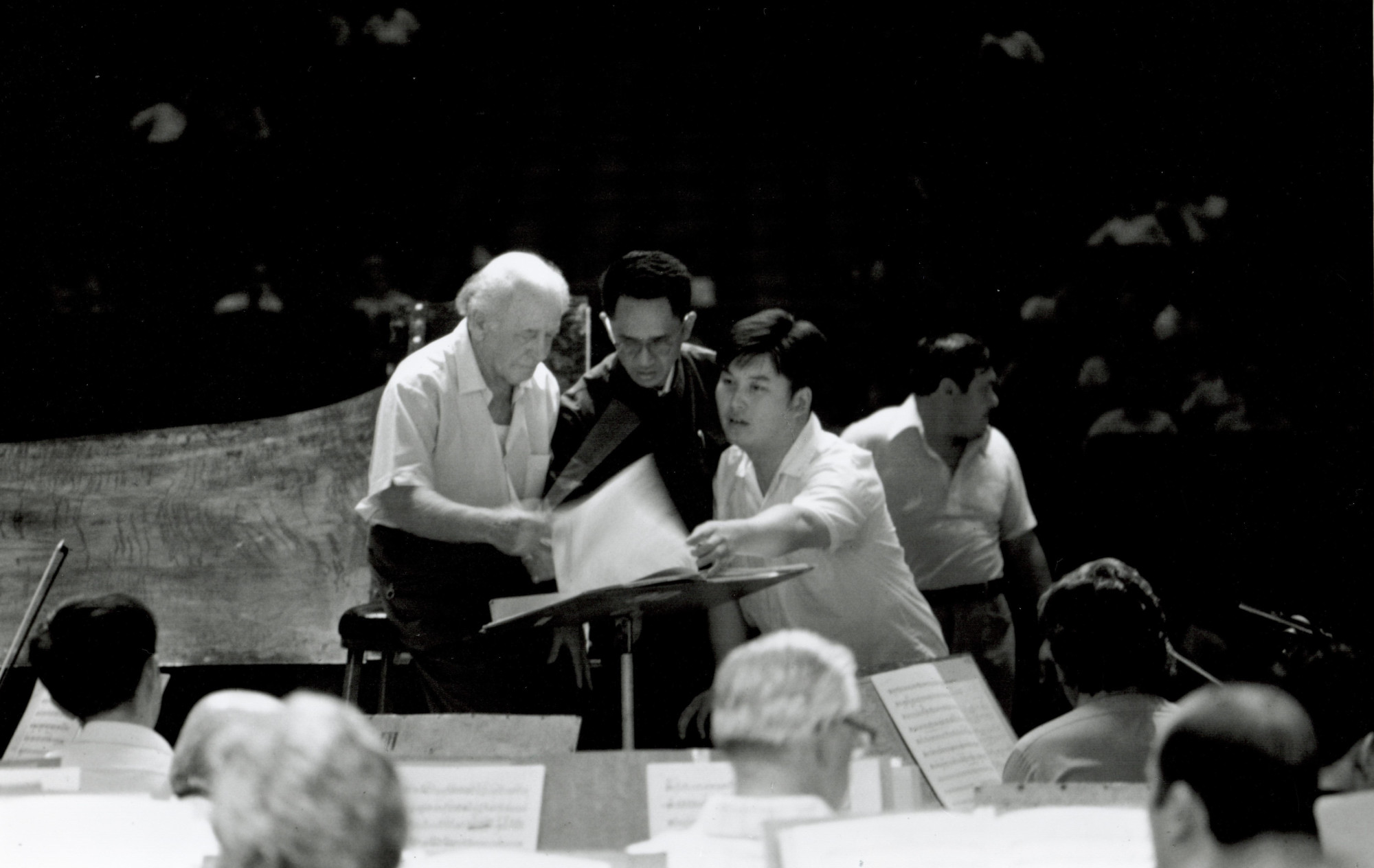
In a recent webinar hosted by the US-China Education Trust Lin said that, while many are familiar with “ping-pong diplomacy” – the American table tennis team’s historic trip to China which unleashed a flurry of diplomatic activities – “I would argue that music diplomacy has had a deeper impact on US-China relations”.
Beethoven in Beijing shows how the Philadelphia Orchestra served as a cultural ambassador and contributed to the breaking down of more than two decades of isolation and hostility between China and the United States. Its 1973 tour also revived Chinese interest in classical music even though the Cultural Revolution was still in full swing.
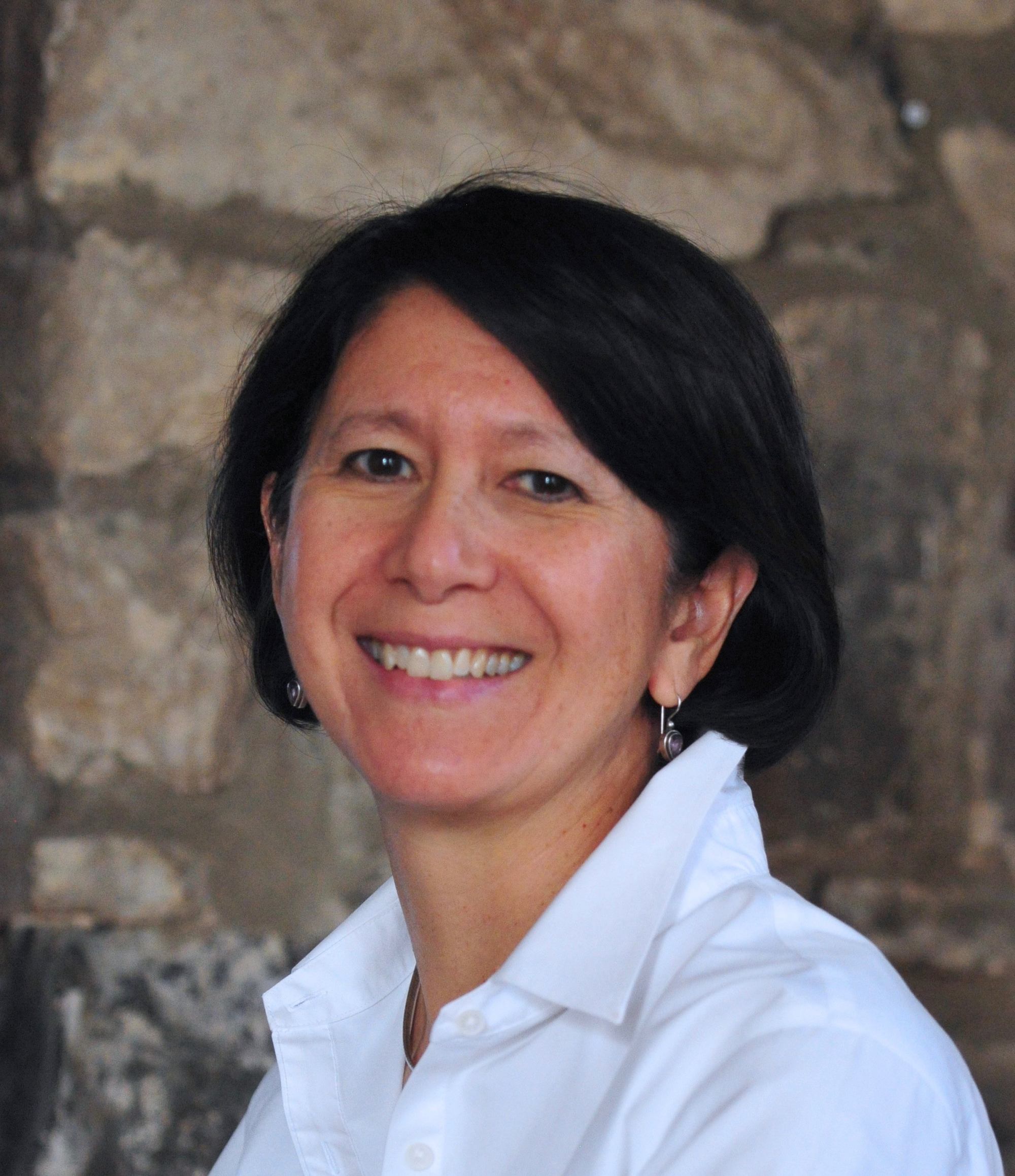
Lin recalls the concert left an indelible mark on her cousin Julia Tsien, who was in the audience for one of the orchestra’s performances in Shanghai. “She told me many years later that the music was heavenly, and I just never forget that,” she said.
When Lin was working as a correspondent covering the orchestra’s 2008 China tour to mark the 35th anniversary of its 1973 visit, she realised that “this is an important story that should be seen and heard and not just read about”.
“There’s a whole generation in China really echoed what my cousin said and held very deep feelings of nostalgia and warmth towards the Philadelphia Orchestra,” she says.
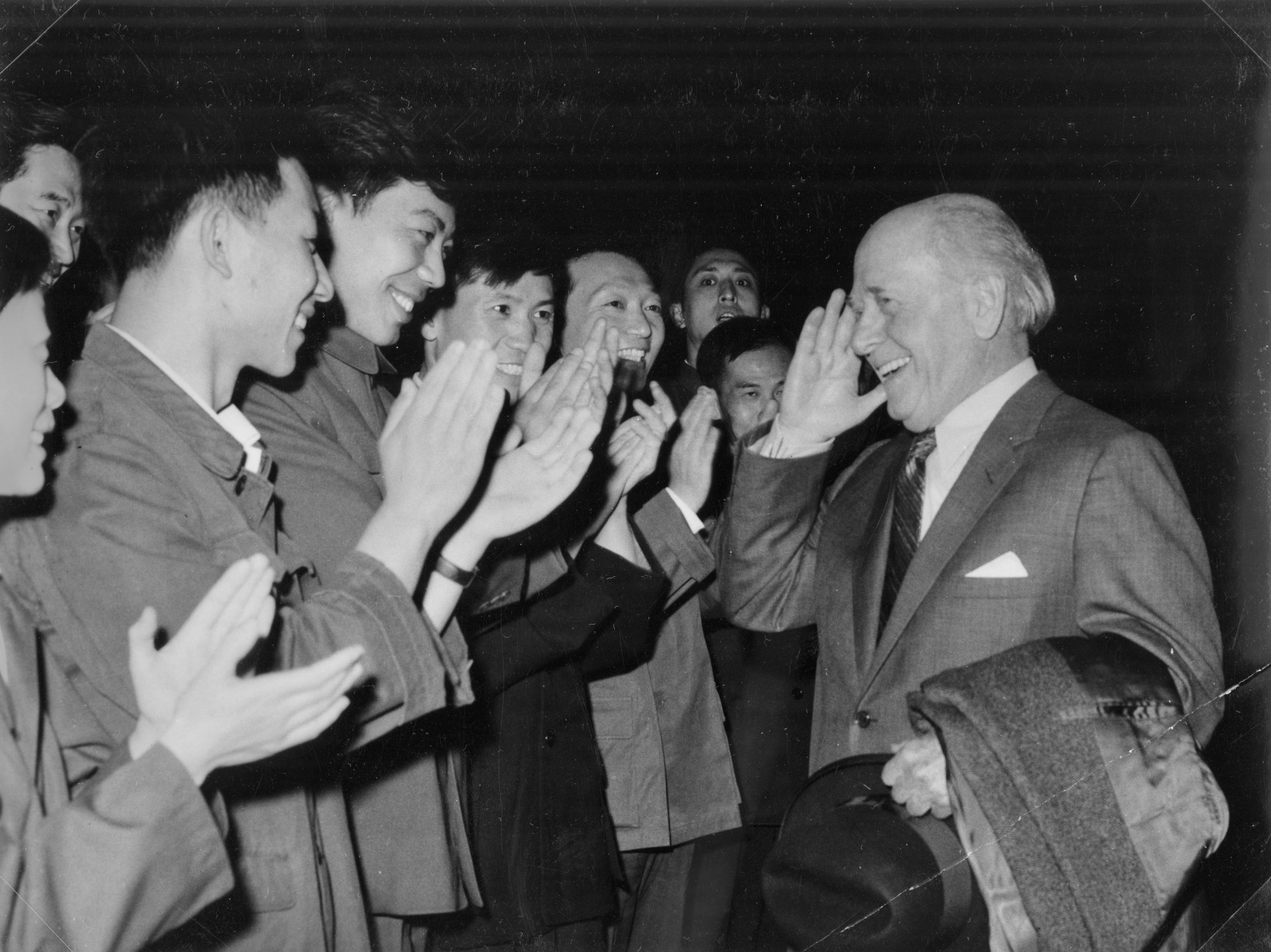
Lin adds: “We almost need the messaging of this film now more than ever because … everyone has pointed out relations are very tense and I think we just need to remind ourselves of how culture can connect us.”
History has a habit of repeating itself. For three decades following the establishment of the People’s Republic of China in 1949, it had no diplomatic relations with the US, which continued to recognise the Nationalist government in Taiwan as the sole legitimate representative of China.
As a result, trade between the People’s Republic and the US was restricted and contacts limited.
Culture will continue as the one safe place for relationships and dialogue when all other avenues have closed
Earlier this year, the bilateral ties between Beijing and Washington established in 1979 upon the switch of diplomatic recognition from Taipei hit arguably their lowest point since then. Add to that the hiatus caused by the Covid-19 pandemic, and the cultural bonds that connects the two countries were put to the test.
But with the recent increase in diplomatic exchanges between the two powers – from the meetings of economic and financial working groups to top diplomat Wang Yi’s Washington trip last month – reciprocal visits by performing arts groups are on the rise again.
Fourteen members of the Philadelphia Orchestra will have a 10-day residency in China from November 9, including one musician, violinist Davyd Booth, who took part in the 1973 tour.
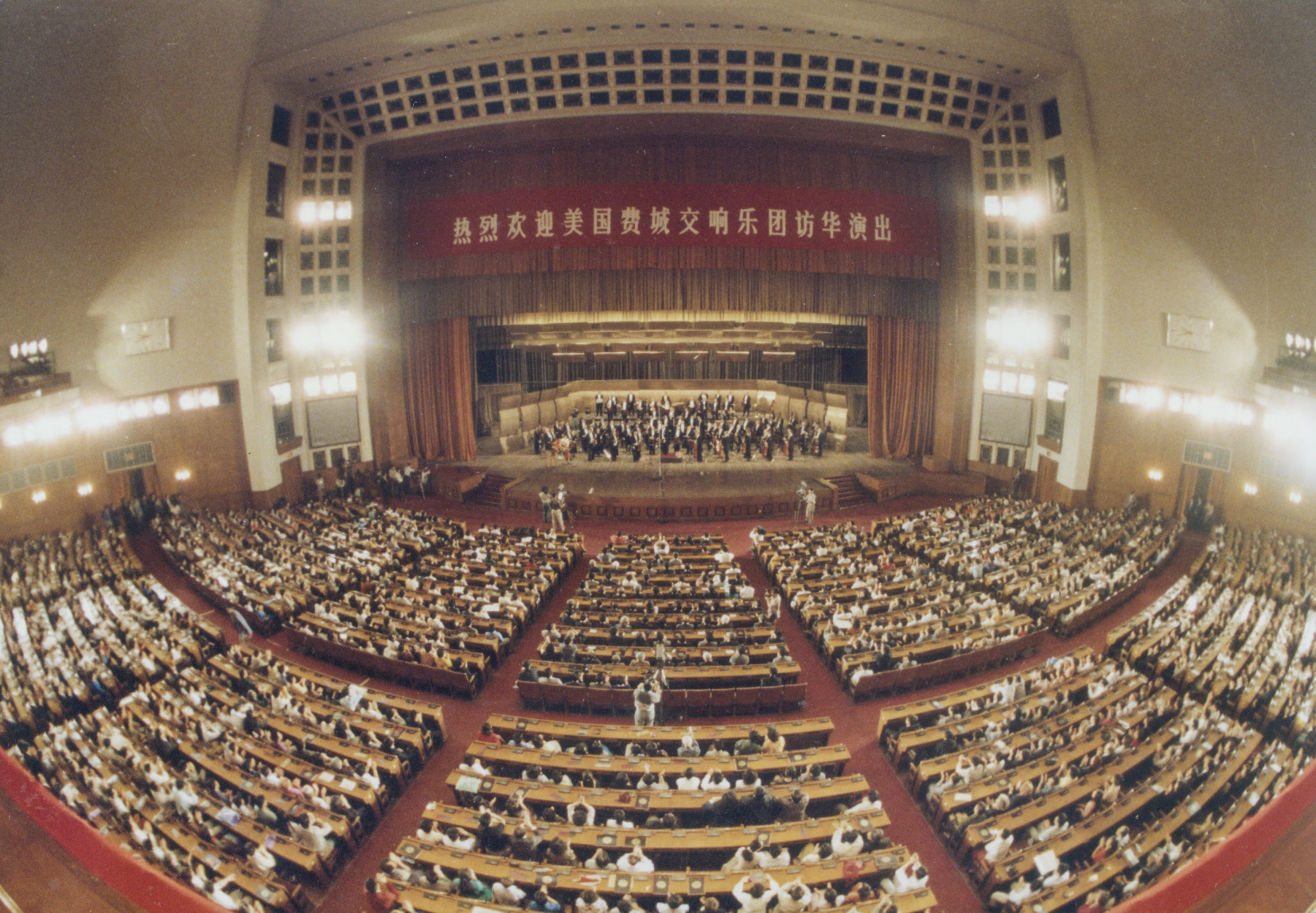
The orchestra has toured China 11 times since its first visit, most recently in 2019. A three-week tour had been scheduled for May this year to mark the 50th anniversary of the 1973 tour, but it was cancelled in October last year because of uncertainty over Covid-19 pandemic protocols in China.
As for the American Ballet Theatre, it will perform Giselle at the China National Centre for the Performing Arts in Beijing between November 9 and 12; its current tour was delayed for three years, also because of the pandemic.
Meanwhile, American composer Tod Machover’s chamber opera Schoenberg in Hollywood receives its Asian premiere at the Grand Theatre of Longgang Cultural Centre in Shenzhen, southern China, on November 4.
Cultural diplomacy expert Cathy Barbash reflects on 30 years of US-China ties
Cultural diplomacy expert Cathy Barbash reflects on 30 years of US-China ties
Cathy Barbash, a specialist in cultural diplomacy, said diplomats increasingly recognise the significance of cultural exchanges. However, she said, post-pandemic uncertainties and a crisis in live performance had left things “in a real limbo” – there was hesitancy over the direction of content creation and spending of cultural presenters and doubt about audiences’ in-person attendance.
Still, overall Barbash is optimistic about cultural exchanges, and about the US government’s current enthusiasm for them, she said in a sharing session at the Asia Society Hong Kong Center on October 30.
She highlighted the Global Music Diplomacy Initiative launched in September by US Secretary of State Antony Blinken, who played a guitar cover of Muddy Water’s Hoochie Coochie Man during a launch event for the initiative.
Having played a pivotal role in 1993 as orchestra manager in the Philadelphia Orchestra’s first return to China since the 1973 tour, Barbash recently attended the Shanghai International Arts Festival, for which she has served as a consultant for the past decade.
Her Shanghai colleagues were initially nervous about the Russian headliners at this year’s festival. Organisers were concerned that global politics might deter Americans from participating. China has hosted a number of high-profile Russian performers since lifting its Covid-19 travel restrictions earlier this year.
However, despite their fears, 21 Americans, including leaders of prominent cultural institutions, took part in the festival. Barbash said this was because they were “looking to establish new relationships” and looking for “something that they thought their audiences would be interested in”.
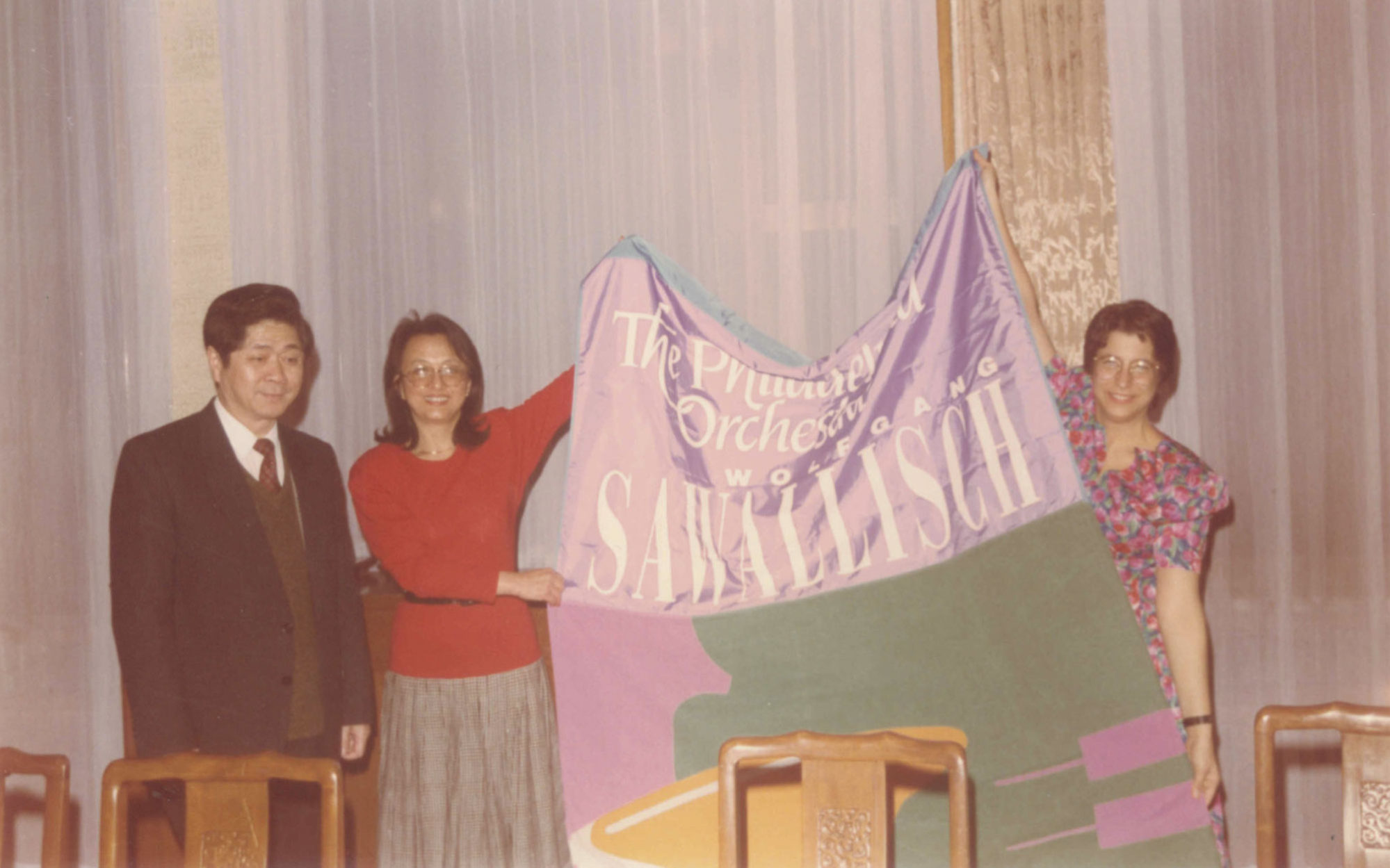
“We’ve come a long way since [the early 70s]”, said Barbash. “And culture will continue as the one safe place for relationships and dialogue when all other avenues have closed.”
Beethoven in Beijing will have its Asian premiere at the Rayson Huang Theatre at the University of Hong Kong on November 5, and the Asia Society Hong Kong Centre will host another screening on November 6.

